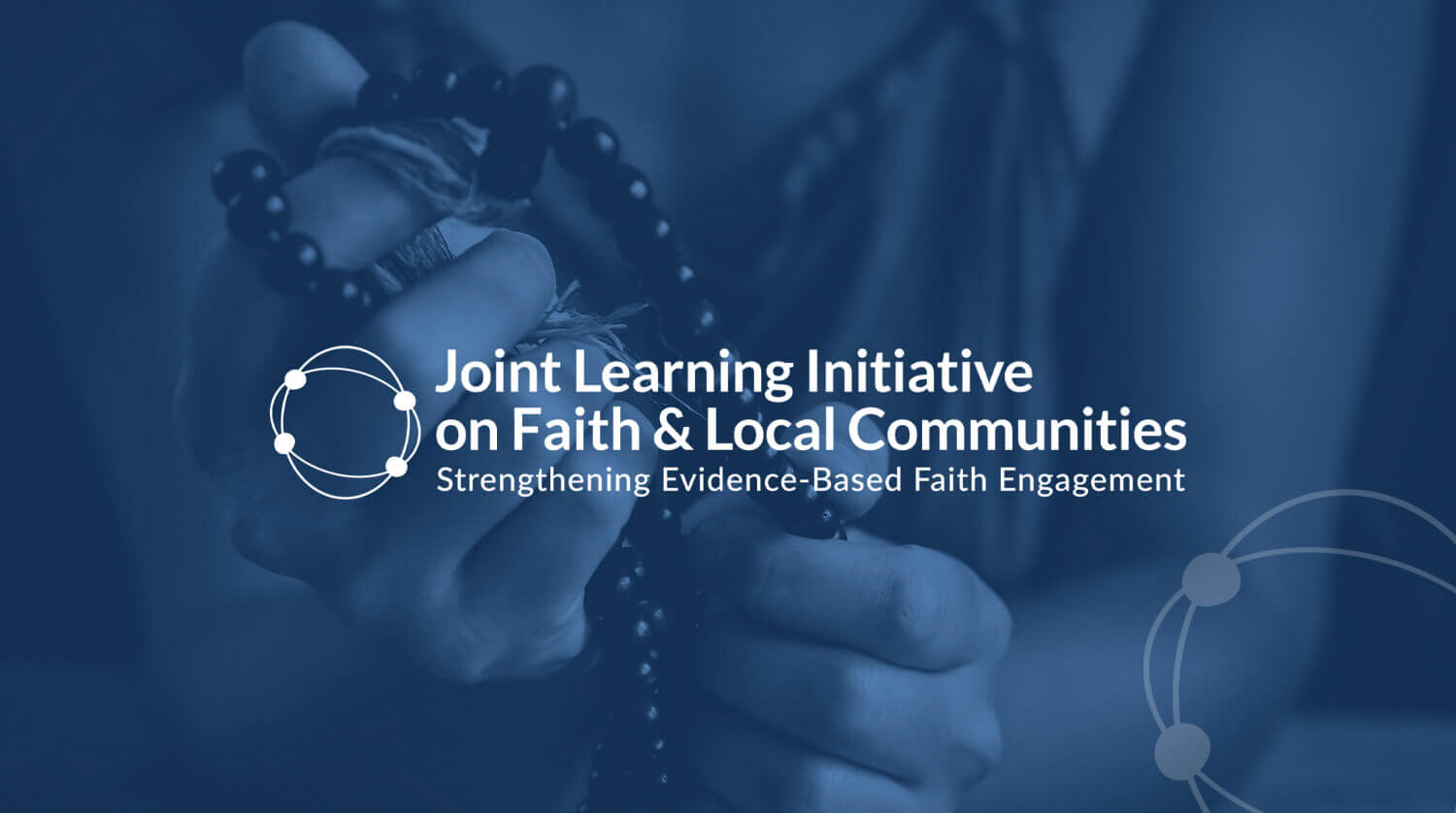From April 22 to 24, 2024 in Panama City, the FPCC Initiative in Latin America and the Caribbean convened the First Mind-Heart Dialogue Training of Trainers (ToT). This event aimed at preparing a first group of trainers in the methodology, who will later on adapt it to the needs and characteristics of their contexts and replicate it.
During the Mind-Heart Dialogue Capacity Building (MHD) training, attendees had a hands-on and participatory experience. Every participant had the opportunity to immerse themselves in activities that reflect the MHD methodology and apply them directly to a project they are currently working on in their country. Following the fundamental principles of the methodology, which go beyond the simple exchange of messages and information, participants explored three key aspects: Faith, where beliefs, spiritual values, and motivations, were looked closely, regardless of their relationship to a specific religion; the Mind, which relied on technical expertise, resources, tools, and processes to provide evidence of what works and demonstrate the benefits of adopting new practices or adapting positive existing ones; and the Heart, where participants reflected on experiences and emotions in order to understand the underlying motivators of behavior and develop empathy and personal motivation for the change.
Participants were an essential part of the training, proactively contributing to and supporting the other participants. At the end of the training, they integrated their project into the MHD methodology in a tangible way. A few participants joined online for hybrid sessions and our partner CORAT from Kenya delivered a session on the fundamental principles and the theory of the methodology.







